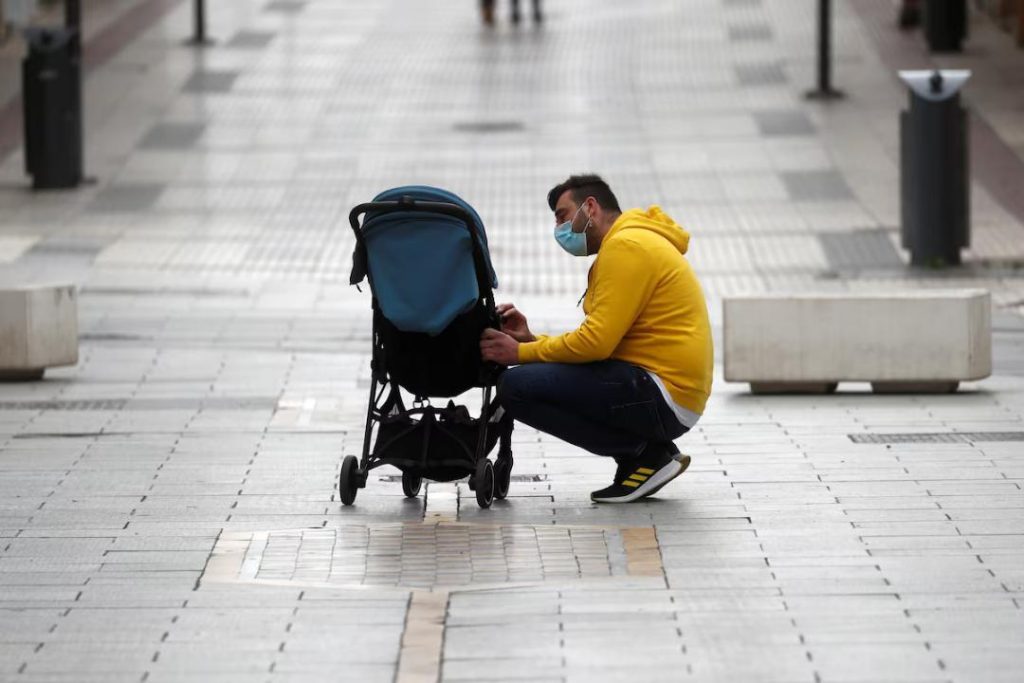
Spain to Offer 17 Weeks of Parental Leave to Both Mothers and Fathers
In a move towards greater gender equality, Spain has announced plans to extend its parental leave policy, providing 17 weeks of fully-paid leave to both mothers and fathers after the birth of a child. This significant change makes Spain one of the most generous countries in Europe when it comes to parental leave, and the only EU country to offer equal, fully-paid birth leave to both parents.
The new policy, which is set to come into effect in the coming years, will provide an additional week of paid leave for both mothers and fathers, bringing the total amount of parental leave to 17 weeks. This is a significant increase from the current 16 weeks of leave offered to mothers, and will allow fathers to take a more active role in caring for their newborn children.
According to the news source, the Spanish government believes that this change will help to promote greater gender equality and reduce the burden on mothers who have traditionally taken on more childcare responsibilities. “Spain is moving towards feminism…and there’d be no turning back,” said a minister.
The new policy is part of a broader effort by the Spanish government to promote gender equality and challenge traditional gender roles. In recent years, Spain has made significant strides in promoting gender equality, including increasing the number of women in government and the workforce, and implementing policies aimed at reducing gender-based violence.
The move is also seen as a way to increase the participation of fathers in childcare and to promote a more equal distribution of domestic responsibilities. Research has shown that when fathers are more involved in childcare, it can have a positive impact on children’s development and well-being, and can also help to reduce stress and improve relationships between parents.
Other European countries have also made efforts to promote greater gender equality and provide more generous parental leave policies. For example, in Sweden, parents are entitled to 480 days of parental leave, which can be taken by either parent. In Germany, parents are entitled to 14 weeks of parental leave, and in France, parents are entitled to 16 weeks of leave.
However, Spain’s new policy is unique in that it provides equal, fully-paid leave to both mothers and fathers. This is a significant departure from the traditional approach of providing more leave to mothers, and is seen as a major step forward for gender equality.
The new policy is expected to have a positive impact on families and children in Spain. According to a report by the Spanish Institute for Fiscal Studies, the new policy will benefit around 700,000 families, and will help to reduce poverty and inequality.
The policy is also expected to have a positive impact on the economy. According to a report by the International Labor Organization, providing more generous parental leave policies can have a positive impact on economic growth, as it can help to increase the participation of women in the workforce and reduce the burden on social security systems.
In conclusion, Spain’s decision to offer 17 weeks of parental leave to both mothers and fathers is a significant step forward for gender equality and a major departure from traditional gender roles. The policy is expected to have a positive impact on families and children, and is seen as a major step forward for the country. As the Spanish government continues to promote gender equality and challenge traditional gender roles, it is likely that we will see more significant changes in the future.
Source:



